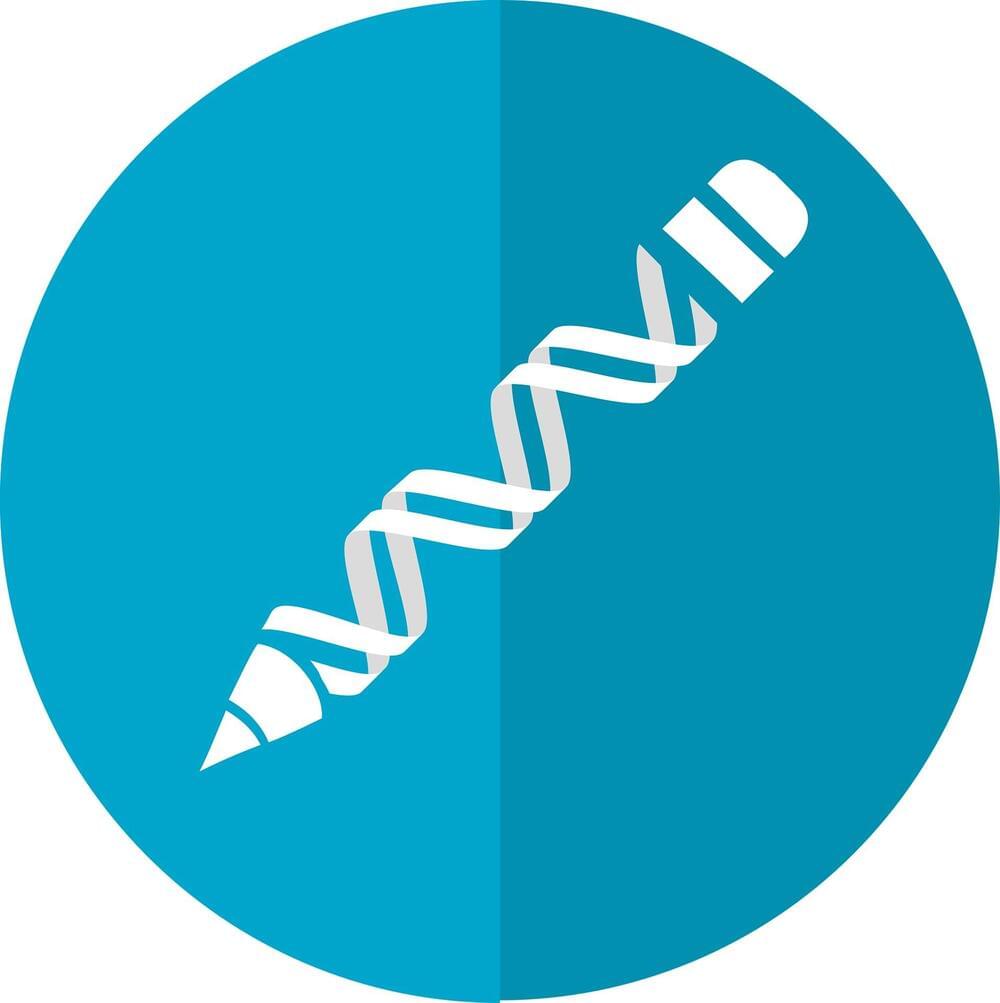Scientists at Northwestern Medicine are using new advances in CRISPR gene-editing technology to uncover new biology that could lead to longer-lasting treatments and new therapeutic strategies for Human Immunodeficiency Virus (HIV).
The HIV epidemic has been overlooked during the COVID-19 pandemic but represents a critical and ongoing threat to human health with an estimated 1.5 million new infections in the last year alone.
Drug developers and research teams have been searching for cures and new treatment modalities for HIV for over 40 years but are limited by their understanding of how the virus establishes infection in the human body. How does this small, unassuming virus with only 12 proteins—and a genome only a third of the size of SARS-CoV-2—hijack the body’s cells to replicate and spread across systems?
